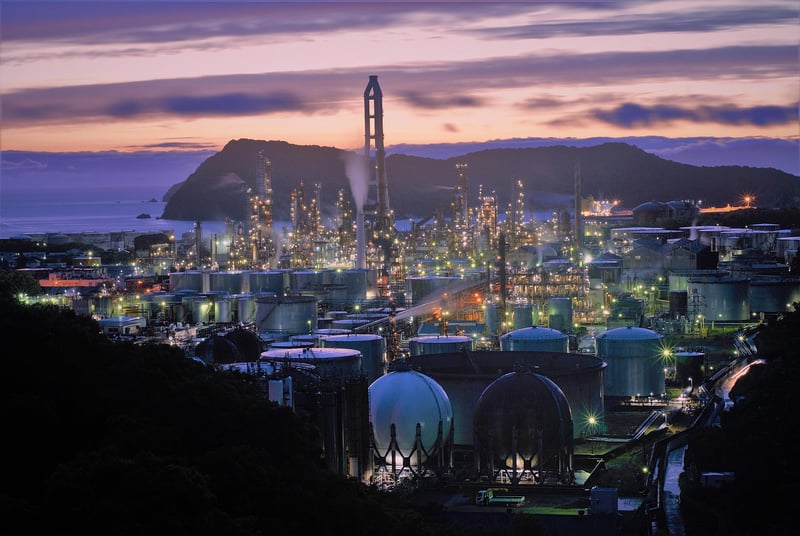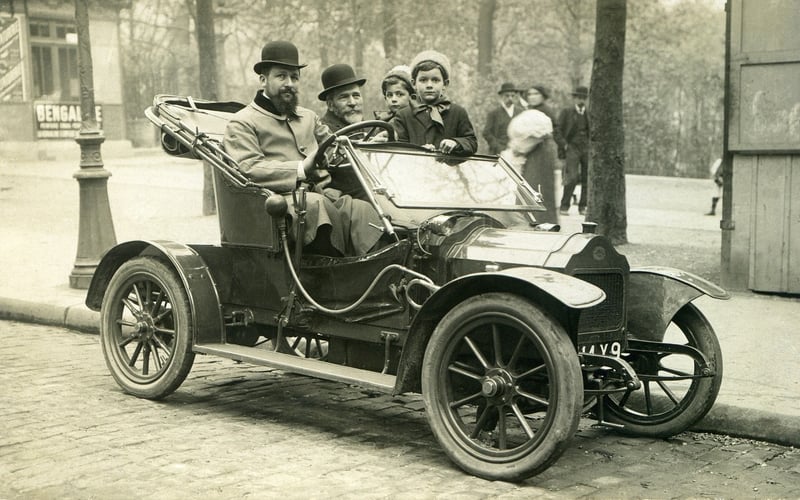Industrial Revolution
Journeys Through History: The Industrial Revolution

Introduction to the Industrial Revolution
The Industrial Revolution was a period of major industrialization that transformed economies, societies, and daily life. It began in the late 18th century in Britain and later spread to other parts of the world, marking a significant shift from agrarian and handmade production to machine-based manufacturing.
Key Innovations and Technologies
- Steam engine: Revolutionized transportation and powered machinery.
- Spinning jenny: Improved textile production.
- Telegraph: Enhanced communication over long distances.
- Iron and steel production advancements.
Social Impact
The Industrial Revolution led to urbanization as people moved to cities for factory jobs. It also brought about significant social changes, including the rise of the middle class, labor movements, and child labor issues.
Economic Transformation
Industrialization boosted productivity and economic growth but also led to income inequality and harsh working conditions for many laborers. It laid the foundation for modern capitalism and globalization.
Legacy and Continued Relevance
The effects of the Industrial Revolution are still felt today in our industrialized societies, technological advancements, and environmental challenges. Studying this period of history provides valuable insights into the roots of our modern world.
Further Reading
For more in-depth information on the Industrial Revolution, you can explore resources from reputable sources like Encyclopaedia Britannica and History.com.
